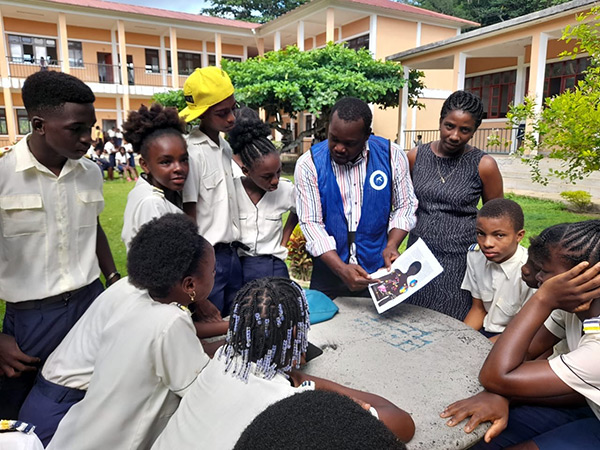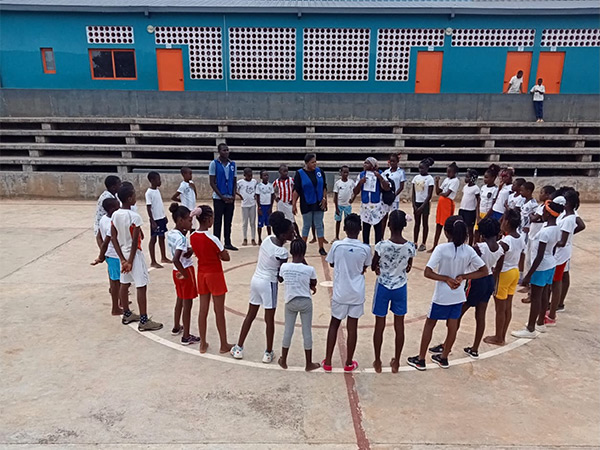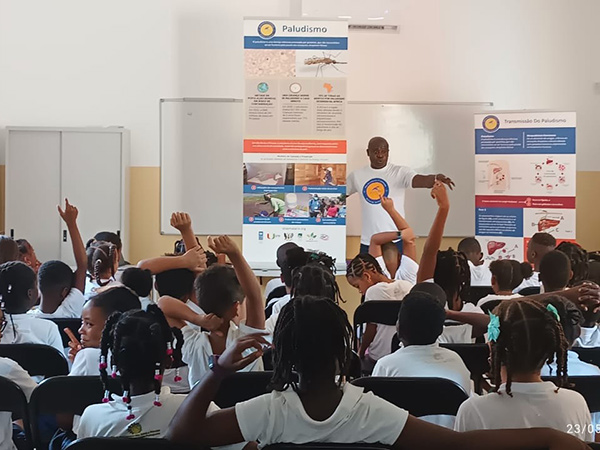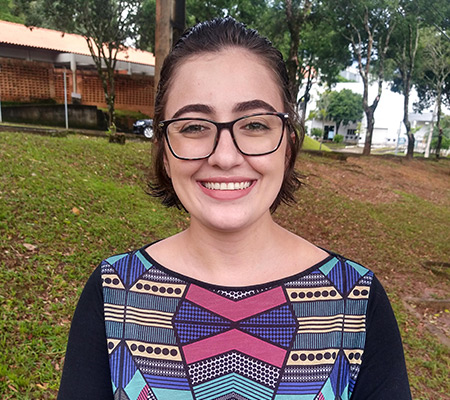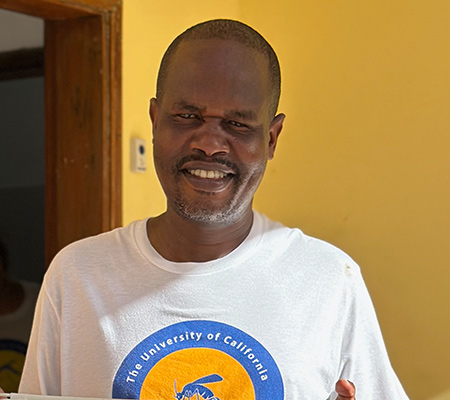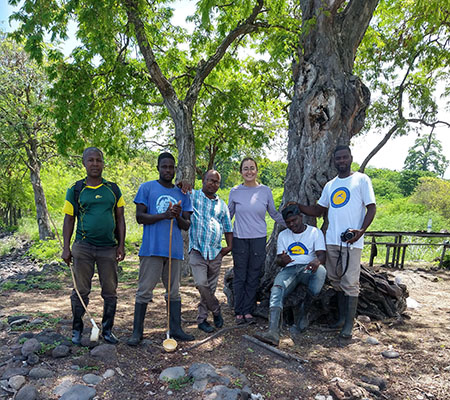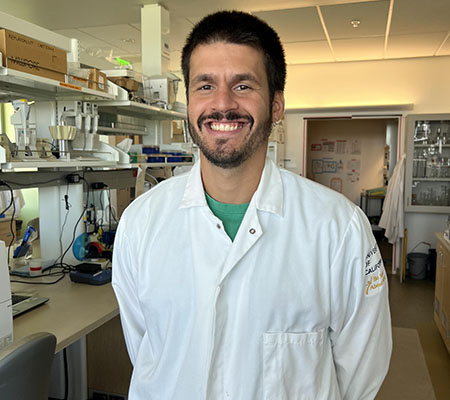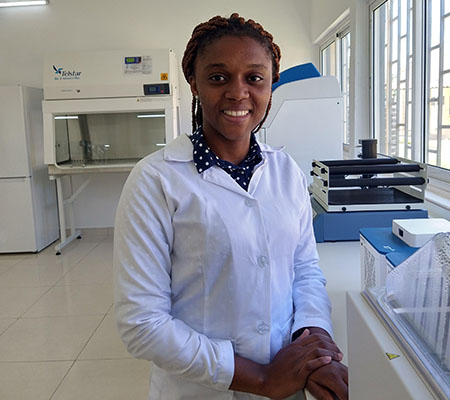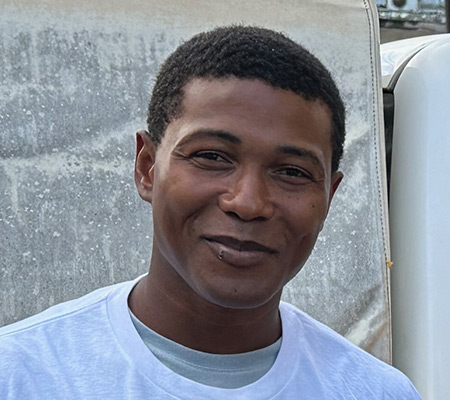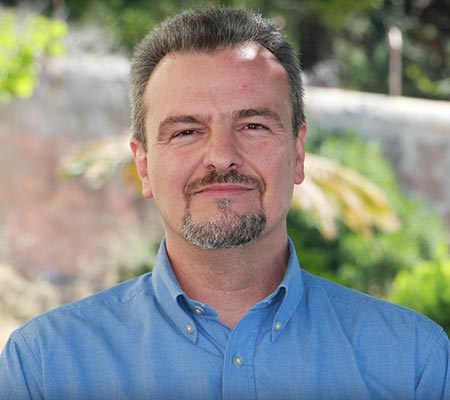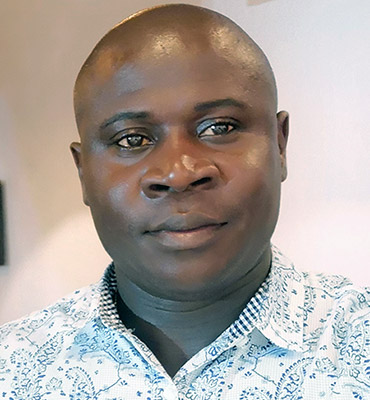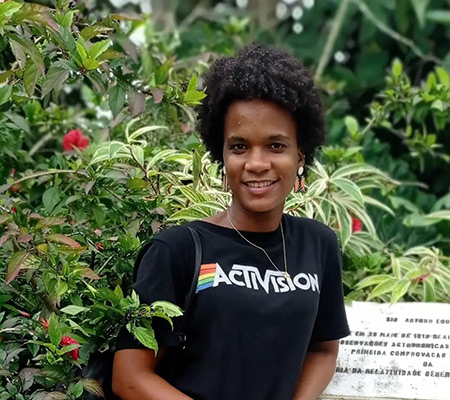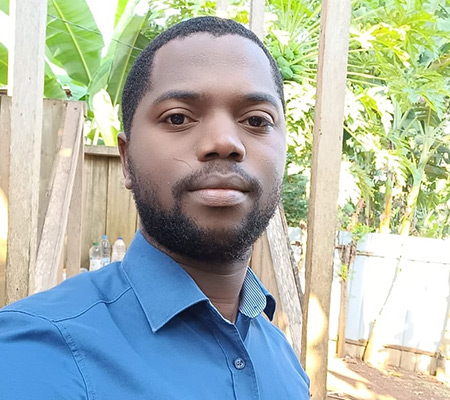Nuestros criterios de selección de emplazamientos
La presencia de mosquitos Anopheles
Características geográficas y ambientales que limitan la dispersión de los mosquitos
Movimiento restringido de material genético entre las poblaciones de mosquitos objetivo y no objetivo
Los criterios de aislamiento geográfico y genético se satisfacen mejor en los sitios insulares oceánicos y nuestra revisión inicial de 15 islas en toda África identificó dos sitios candidatos donde actualmente estamos llevando a cabo la recopilación de datos de referencia y el compromiso.
Lea más sobre nuestro proceso de selección de emplazamientos AQUÍ.
ISLAS GEOGRÁFICAMENTE AISLADAS
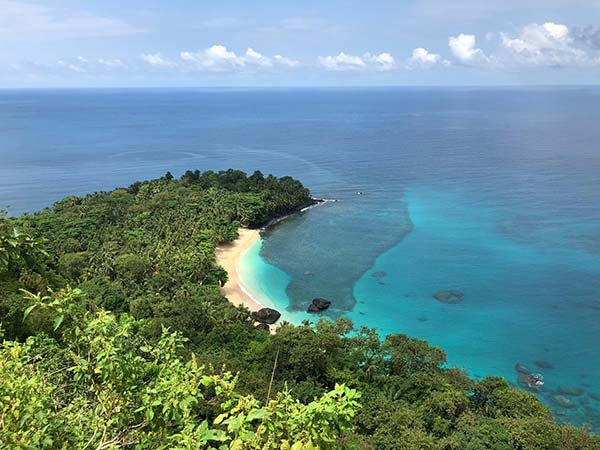
-
 Santo Tomé y Príncipe
Santo Tomé y Príncipe -
Equipo de investigación de campo
-
Equipo de compromiso

La República Democrática de Santo Tomé y Príncipe (STP) está situada en el Golfo de Guinea, a unos 300 kilómetros de la costa ecuatorial occidental de África central. El archipiélago está formado por dos islas principales situadas a unos 174 km de distancia. En la isla de Santo Tomé vive el 95% de la población total, que asciende a unos 211.000 habitantes. STP fue una antigua colonia portuguesa y alcanzó la independencia en 1975. Es el segundo país insular más pequeño de África y el más pequeño de habla portuguesa.
El paludismo es endémico en STP y el riesgo es alto durante todo el año. La tasa de incidencia de la malaria se ha mantenido relativamente baja durante la última década debido a los programas nacionales de control de la malaria. Sin embargo, las tasas de incidencia han aumentado lentamente desde 2014.
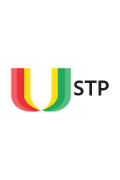
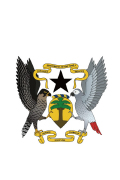

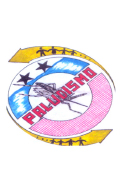
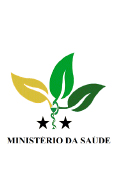
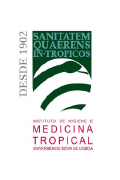
El Ministerio de Sanidad elaboró un acuerdo de asociación en colaboración con la UCMI. La asociación permite a la UCMI estudiar la biología y la ecología de los mosquitos que transmiten la malaria en Santo Tomé y Príncipe. Nuestro trabajo de colaboración incluye 3 cosas principales:
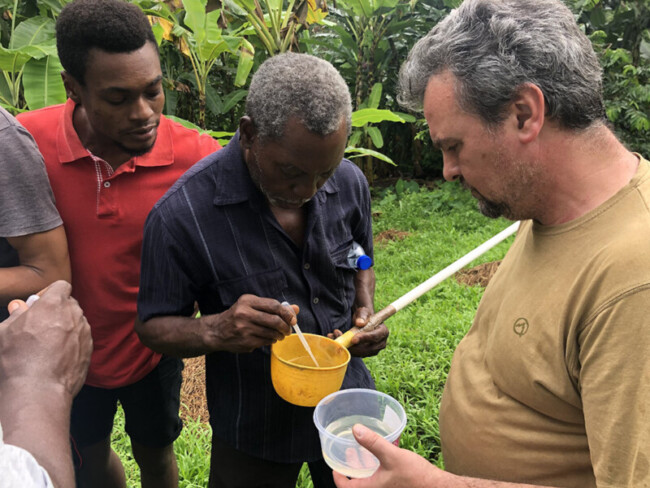
1. Colecciones y análisis de mosquitos - mosquitos adultos y larvas de muchos lugares de ambas islas.
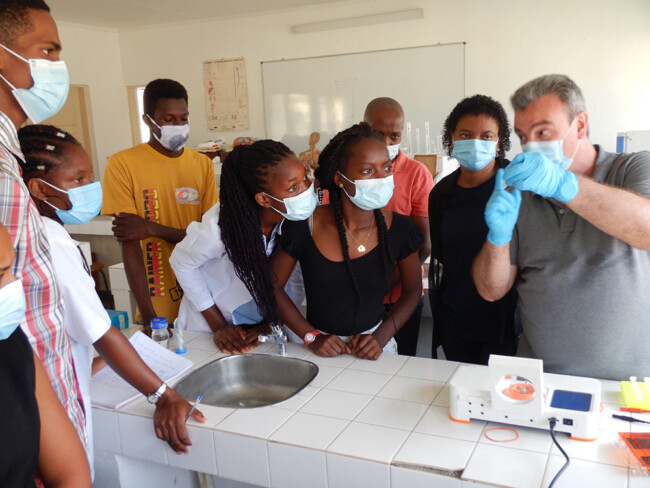
2. Formación y capacitación: formación científica y de investigación para estudiantes, científicos y técnicos locales.
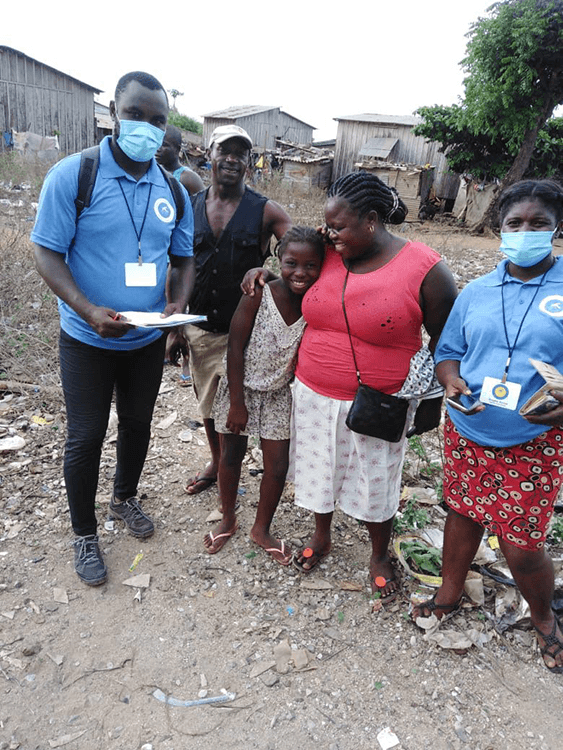
3. Participación de la comunidad: actividades de intercambio de información y comunicación con las comunidades sobre el proyecto UCMI y la malaria.
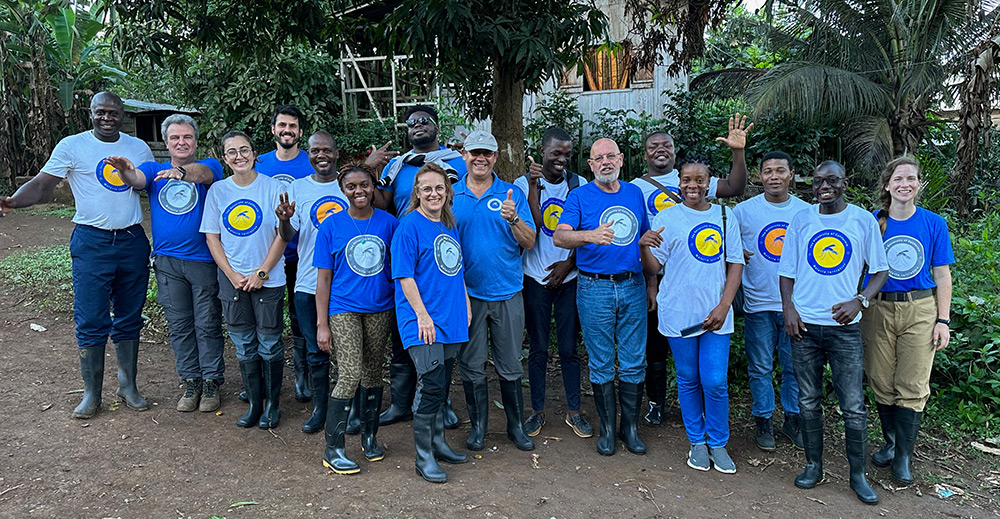
La UCMI ha desarrollado una importante relación de colaboración con sus colegas portugueses del Instituto de Higiene y Medicina Tropical (IHMT) de la Universidade Nova de Lisboa. El IHMT trabajará con la UCIMI para ofrecer programas de investigación y formación a nuestros socios de STP.
João Pinto
El Dr. João Pinto es profesor adjunto y jefe de la Unidad de Entomología Médica del Instituto de Higiene y Medicina Tropical de la Universidade Nova de Lisboa. Sus intereses de investigación se centran en la bioecología y la genética de los mosquitos vectores de enfermedades, con énfasis en los vectores afrotropicales de la malaria. Tiene más de 20 años de experiencia en la realización de trabajos de campo y acciones de formación en África. El Dr. Pinto dirigirá las operaciones de campo en las islas de Santo Tomé y Príncipe, participando en las recolecciones de campo e implementando actividades de formación y capacitación.
Lodney Nazaré
Punto focal de compromiso en Santo Tomé y Príncipe
Lodney Nazaré, es ciudadano de Santo Tomé y Príncipe, licenciado en Ciencias Biológicas por la Universidad Federal de Para-Brasil. Lodney se incorpora al equipo de la UCMI/PNUD procedente de la ONG Oikos, donde trabajó como especialista en cogestión en la creación de una red de áreas marinas protegidas en Santo Tomé y Príncipe, facilitando el intercambio de conocimientos y la participación de las partes interesadas entre diversos grupos de personas. En los últimos años, ha coordinado el mecanismo de reclamación de un proyecto de petróleo y gas, ha coordinado varias evaluaciones de impacto ambiental y social para empresas energéticas internacionales y ha gestionado la recogida de datos de referencia social y la participación de las partes interesadas en importantes proyectos en Santo Tomé y Príncipe, Nigeria y Brasil. Antes de eso, trabajó como profesor en varias instituciones educativas de Santo Tomé, incluyendo la escuela secundaria y la universidad pública y privada. En su carrera profesional, también trabajó como técnico en Instituciones Estatales de STP, incluyendo: Supervisor Pedagógico de la Enseñanza Secundaria, Biólogo en el Departamento de Pesca e Inspector Sanitario de productos pesqueros. Entre 2012 y 2017 trabajó en la Autoridad Conjunta de Desarrollo entre Nigeria y Santo Tomé y Príncipe como biólogo marino en el Departamento de Recursos No Hidrocarburíferos.
